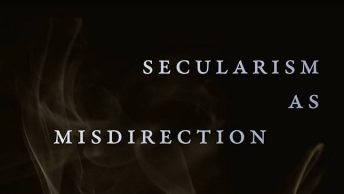In a previous post, this blog discussed the issue of legal recognition of non-marital cohabitational relationships. The Maharashtra cabinet appears to have cleared a proposal to expand the definition of ‘wife’ in section 125 of the Criminal Procedure Code to include a long-term cohabitee for eligibility for maintenance benefits.
The issue of cohabitees’ rights raises complex questions regarding consent and entitlement. Clearly non-marital cohabitees have not expressly consented to any of the rights and obligations that ensue upon marriage. On the other hand, social hierarchies often result in structural vulnerabilities and assumptions about freedom of contract in close personal relationships may be unrealistic. Also, in polygamous marriages, the second ‘wife’ may not have any legal recourse (unless there is already an exception I am unaware of). Perhaps an entitlement to basic maintenance on proof of long-term cohabitation is the step in the right direction.
On a related matter, I was wondering about the legal status of contract marriages in India – to what extent can parties contract rights and obligations in derogation of, or in addition to, personal law or statutory rights? I think this is possible under Muslim personal law through the nikahnama, but any educated insights will be valuable.







To leave a peaceful and secure life we have need our legal rights if we have no right to live our life. We can't spend our life as good we lived. Here is nice information about Law and Other Things which is very useful for ever person. Thanks for information.
Professional Legal Network